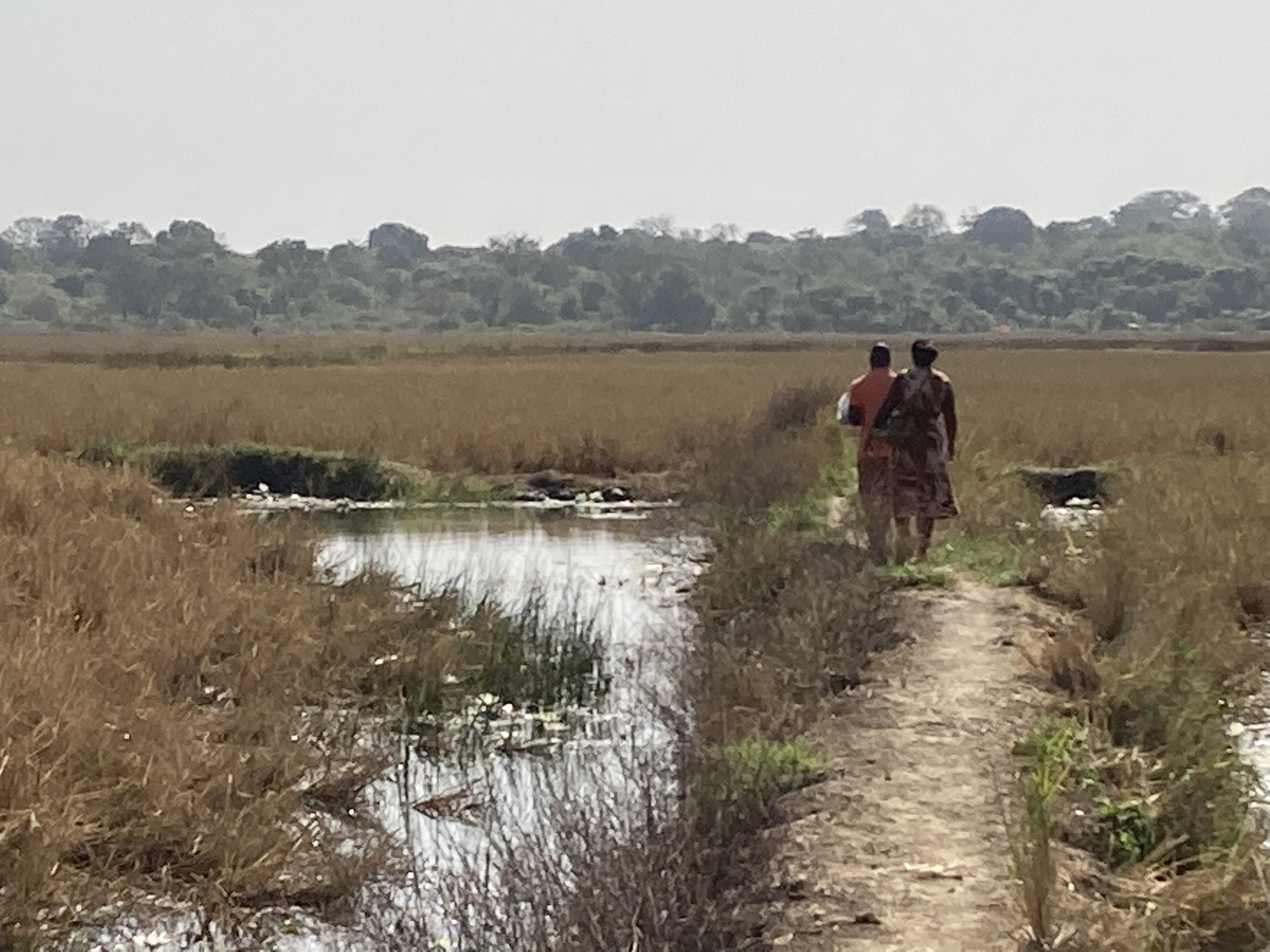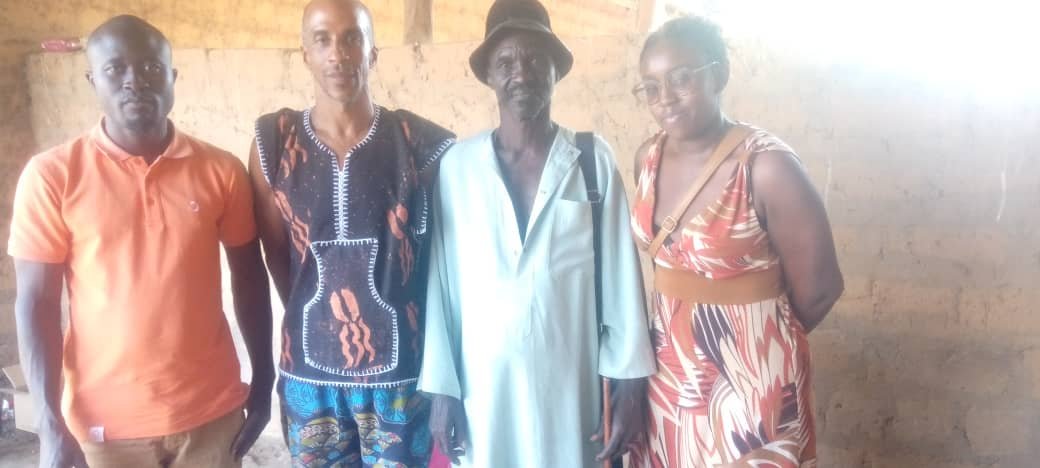I am writing this primarily for my father’s side of the family, all the descendants of Yancy Blake. I’ve told the story before how Yancy’s grandfather was taken as a boy from territory known as Nhacra in Guinea Bissãu and brought to Charleston, SC in the 1760’s. I also told the story how I consulted a b’sika, a spiritualist in Guinea Bissãu to discover that the village in Nhacra is called Untche.
According to my friend Claudio, “The name of this village is N'ghuntche, but as some people don't know how to write in Balanta, they pass so that they understand Unche.”
“I know this Tabanka very well and the people there too,” Claudio said. “I don't know, when you need to pay a visit there?”
Yes. I needed to pay a visit there. Like almost all Aftodescendants in the United States who have read the book or seen the movie Roots by Alex Haley, I dreamed of returning to my family’s village somewhere in Africa. But I never thought such a thing could happen. Where are the records from 250 years ago documenting what happened?
Claudio and I made plans to visit Untche on Saturday, January 9. On the morning, Daiana and I took a taxi from Bissãu to Safim where we met Claudio. From there we took a toka toka to Claudio’s tabanca where we walked for about an hour across fields and through mud marshes to get to the river.
It isn’t easy to get to Untche. The primary entrance is by canoe from the river. There are no roads to and from the river. The banks of the river are mud - it is very easy to get stuck in the mud and then you have a real problem!
Everyone using the canoes travels barefoot, so we did as well. They use a narrow path that is lined with tree branches to make a kind of foot path. But this was extremely uncomfortable, even painful to walk on. Yet most of the women were carrying children on their back and bundles on their head! If they could do it - and they did it with such grace and ease, then I had to make it.
While traveling across the river, I couldn’t help but imagine my 5G grandfather traveling by canoe with his mother, going to the market to trade food and supplies. Was this why he was such a great swimmer, as legend holds? Was this water the origin of my swimming success, passed down through transgenerational epigenetic effects?
Once on the other side, it was the same thing, walking on a painful stick-bridge up the bank and through the mud. Claudio and Daiana were having a conversation about the impact this has on the communities in Untche. There are no schools or medical clinics. Kids have to travel - REALLY TRAVEL - to get to school everyday. Heaven forbid someone gets seriously sick!
After walking another ten or fifteen minutes, we finally arrived at the tabanca in Untche. And here I told my story!
The tabanca Elder then said that they were told stories how some of the families went to the river where they were ambushed. A few escaped and warned everyone. They went to fight the “branchu” (whites) and killed them. But those that were captured were lost….
It was remarkable to them that after so many years of hearing this story, one of the descendants of the prisoners of war had returned. I can only imagine the conversation they had when I left!
Now, the next step for me is to go and spend some time there, really integrate into the Untche community. I already have a plan for this and I look forward to a very successful 2022!







